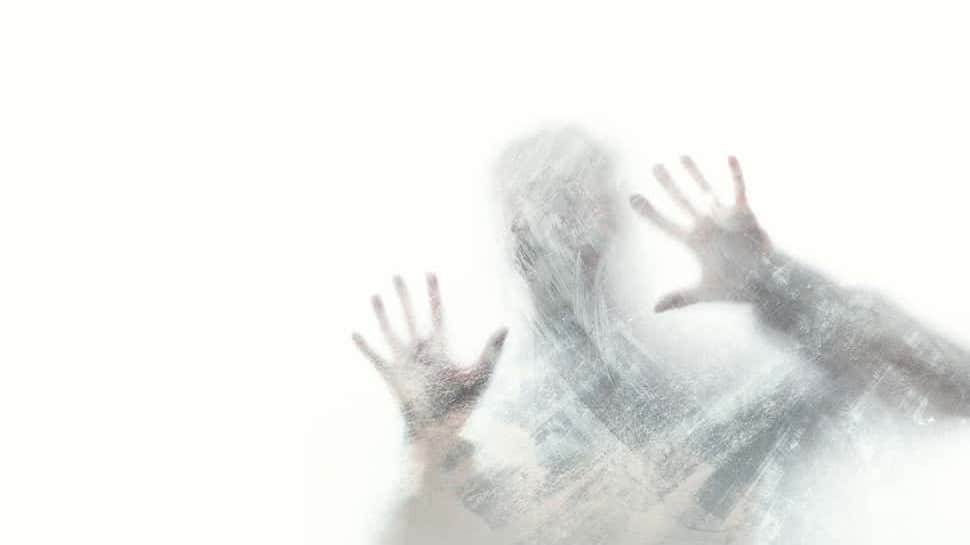
Can Drug-Induced Psychosis Cause Schizophrenia?
Psychosis can make it seem as though you’re separated from reality due to hallucinations, delusions, or other symptoms. It may be difficult to determine whether psychosis is coming from substance use or the mental health disorder schizophrenia, because it can be a symptom of either. Researchers also question whether schizophrenia could be caused by drug-induced psychosis, since a correlation has been found between the two. While researchers are still trying to understand this relationship, treatment, monitoring and follow-up can help with psychosis.
Psychosis is considered a symptom, whether it comes from a mental health disorder or from using a psychoactive substance.
Drug-induced psychosis can happen as a result of using various psychoactive substances, such as alcohol, opioids, cannabis, amphetamines, or cocaine. The psychosis is considered drug-induced when the substance’s effects or withdrawal from the substance leads to hallucinations and/or delusions, but without delirium. This classification is made only when the symptoms are at a more elevated level than what someone might normally experience from being drunk or high, or from the drug withdrawal process.
There is a relationship between drug-induced psychosis and the later development of schizophrenia. However, this relationship is not fully understood.
Drug-Induced Psychosis vs. Schizophrenia
With psychosis, you could experience:
- Visual, auditory or tactile hallucinations
- Beliefs that are not based on reality
- Disorganized thoughts, actions, and speech
The cause of psychosis can be unclear. Psychosis could happen directly because of drug use, yet it could instead present itself with schizophrenia. Psychosis is one of the main symptoms of schizophrenia, included in this mental disorder’s “positive” symptoms. Schizophrenia also has “negative” symptoms that affect emotion and behavior, such as having trouble carrying out activities and a lack of normal facial expressions, and cognitive symptoms, such as difficulty focusing and using working memory.
A person could have schizophrenia before experiencing drug-induced psychosis. This might make it seem as though the substance use is the cause of the psychosis, when the schizophrenia is the actual cause. This is especially a risk when the person has just started showing signs of schizophrenia or is in the early stages. Medical professionals should consider this possibility before making the drug-induced psychosis diagnosis.
Psychosis Leading to Schizophrenia
Nonetheless, it’s possible for someone to experience drug-induced psychosis before showing signs of schizophrenia, whether or not the former is causing the latter. Research has found a link between substance-induced psychosis and the later development of schizophrenia. In the study, about one-third of patients who experienced this type of psychosis developed either schizophrenia or bipolar disorder within the following 20 years, although the onset of schizophrenia often occurred within a few years of the psychosis. The researchers found an association with all types of substance-induced psychosis, with the exception of sedatives. The incidence of schizophrenia went up to about half in those with psychosis induced by cannabis.
It is not clear whether the substance-induced psychosis is causing the schizophrenia—the results are correlational and not necessarily causal. It’s possible that a person is already prone to schizophrenia, and that proneness may lead to the drug-induced psychosis rather than the other way around.
Begin Your Recovery Journey Today.
619-466-0547Treatment Tailored to the Diagnosis
A qualified mental health professional at a residential treatment facility can provide an assessment to properly diagnose whether you have psychosis from using a psychoactive substance or from schizophrenia. Being honest about your substance use and/or other symptoms you have experienced will help the professional make the right diagnosis. Then, a treatment plan can be tailored to your situation.
Schizophrenia symptoms can be managed with a combination of antipsychotics and psychosocial treatments such as coping skills. The coordinated specialty care (CSC) approach also includes family support, employment services, education, and case management.
If the psychosis is instead drug-induced, you would first need to stop using the substance. Then, your treatment plan may include an antipsychotic or benzodiazepine drug and/or a calm environment with observation to help you get past the psychosis.
Some researchers recommend long-term follow-up with patients after they have experienced drug-induced psychosis. This is due to the high incidence of developing schizophrenia or another mental health disorder after going through this type of psychosis. It’s also helpful to be aware of early warning signs of schizophrenia, to seek professional help if you notice any of these signs following drug-induced psychosis.
A correlation has been observed between drug-induced psychosis and schizophrenia, yet it is not known whether the psychosis is causing the mental health disorder, and schizophrenia generally includes psychosis on its own. Nonetheless, research has found a strong relationship between the two, resulting in the need to monitor for signs of schizophrenia when a person has experienced drug-induced psychosis. Whether the psychosis is coming from drug use or from schizophrenia, it is a serious symptom with a need for professional treatment.






